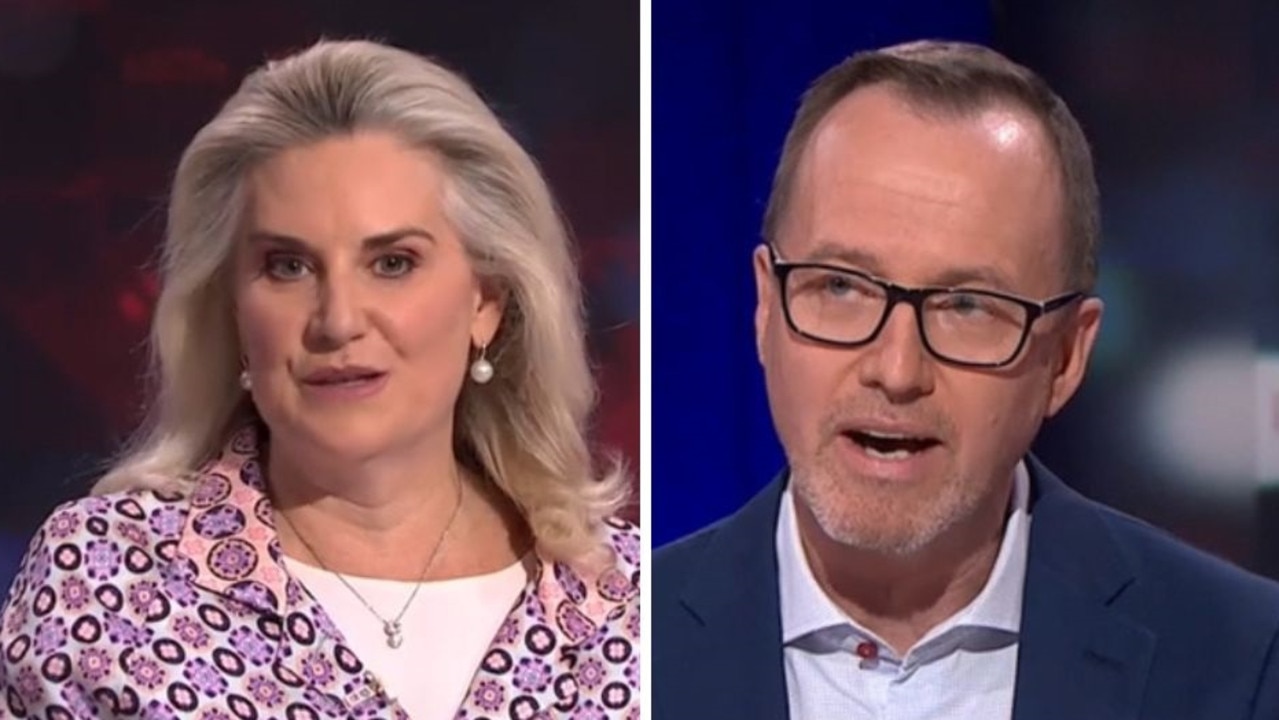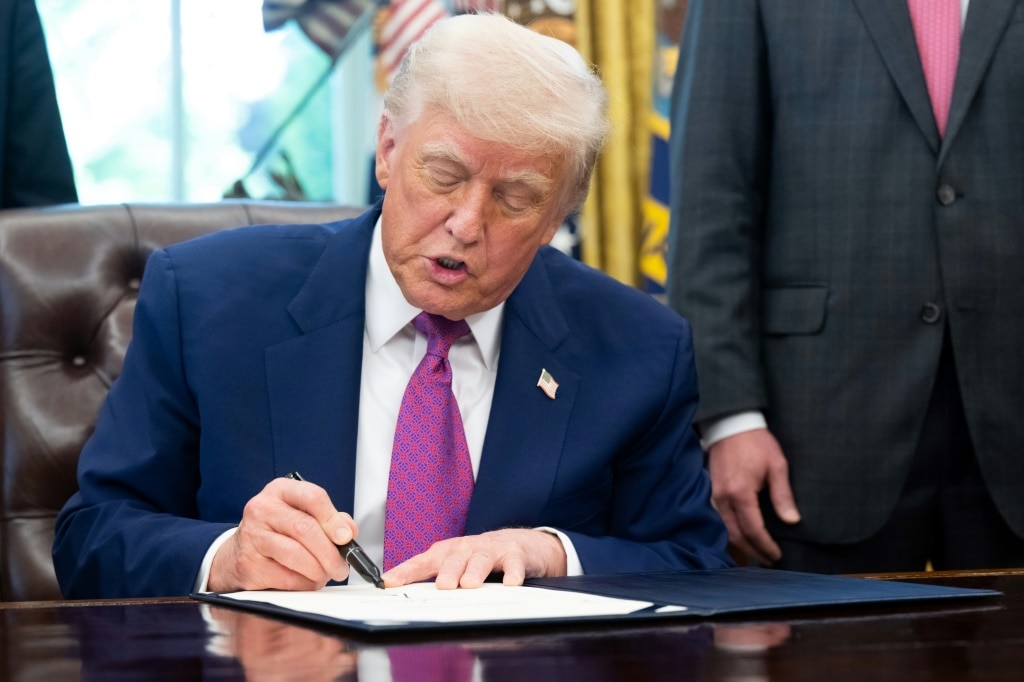Romania's far-right candidate clear favourite in presidential run-off
Romania's far-right candidate clear favourite in presidential run-off

After triumphing in the first round of the presidential election, Romania's far-right candidate George Simion is tipped to win this weekend's run-off unless his pro-European rival can mobilise the masses who abstained last time.
Simion -- a big fan of US President Donald Trump -- did better than expected in the first round, taking 40.9 percent of the vote on May 4.
The 38-year-old is slated to take about 55 percent in Sunday's vote, according to the only poll published so far.
Trailing far behind is the centrist mayor of Bucharest Nicusor Dan.
Dan, 55, hopes undecided voters will turn out for him in a bid to prevent a nationalist shift under the eurosceptic Simion, who opposes sending aid to neighbouring Ukraine.
The ballot will be closely watched internationally following the rare annulment of the vote held in November in the European Union country of 19 million people, which is a key NATO member.
"Simion is clearly the favourite," Remus Stefureac, director of the polling company INSCOP Research, told AFP.
He secured "twice as many votes as his rival in the first round" due in part to his popularity among expatriate voters, he said.
Simion is also likely to benefit from Dan not having the explicit backing of the pro-European camp, which had supported another candidate.
But concern among voters about the potential political and economic implications of a far-right victory might work in Dan's favour.
- High stakes -
The surprise resignation of Prime Minister Marcel Ciolacu and the collapse of the pro-European government coalition have "raised the stakes" of this election and "heightened emotions", Stefureac said.
The new president will have the power to appoint a new prime minister, which will influence negotiations for a new parliamentary majority, he added.
If he becomes president, Simion has vowed to get former far-right presidential contender Calin Georgescu "into power", potentially as prime minister.
And Simion's nationalist AUR party could enter government.
The election turmoil has caused the Romanian currency, the leu, to fall in recent days, increasing economic uncertainty in the EU's most indebted country, which has grappled with high inflation.
Stefureac said these "fears" could boost the turnout from the 53 percent of voters in the first round. It would need to rise to 65 percent for the centrist candidate to have a chance of tipping the election in his favour.
Simion and Dan have campaigned on the promise of "change" after decades of Romania being dominated by the same political parties, which both candidates say are corrupt.
But the two men could not be more different.
- Polar opposites -
In a hard-fought and lengthy debate on Thursday, Dan became more combative in an attempt to shake off criticism that he lacks decisiveness.
The mathematician insisted on the need to continue sending aid to Ukraine.
"Without support for Kyiv, there can be no just peace," he said, pointing to "the national security risks posed by Russia's aggression to the whole of Europe".
Romania has opened a training centre for Ukrainian fighter pilots and donated a Patriot air defence system to Kyiv.
It also provides significant logistical support for the export of Ukrainian grain via its Black Sea port of Constanta.
Simion, by contrast, defended "neutrality, not escalation with weapons".
He alluded to potentially blocking European decisions on providing aid, as the head of state represents Romania at EU and NATO summits and can veto EU votes.
Taking a page from Trump's book, he also vowed to demand "compensation for Romania's participation in the war effort so far".
Simion has praised Hungary's nationalist Prime Minister Viktor Orban and promised to adopt "many of his positions" in Romania, a prospect that would pose new challenges for the EU.
Fellow far-right politician Georgescu unexpectedly topped the November 24 vote following a massive TikTok campaign.
That election was cancelled over claims of Russian interference, sparking sometimes violent protests.
Tens of thousands of people rallied in Romania on Friday to demand that the government maintain the country's pro-EU stance.
ani-anb-kym/gil/tw/giv


